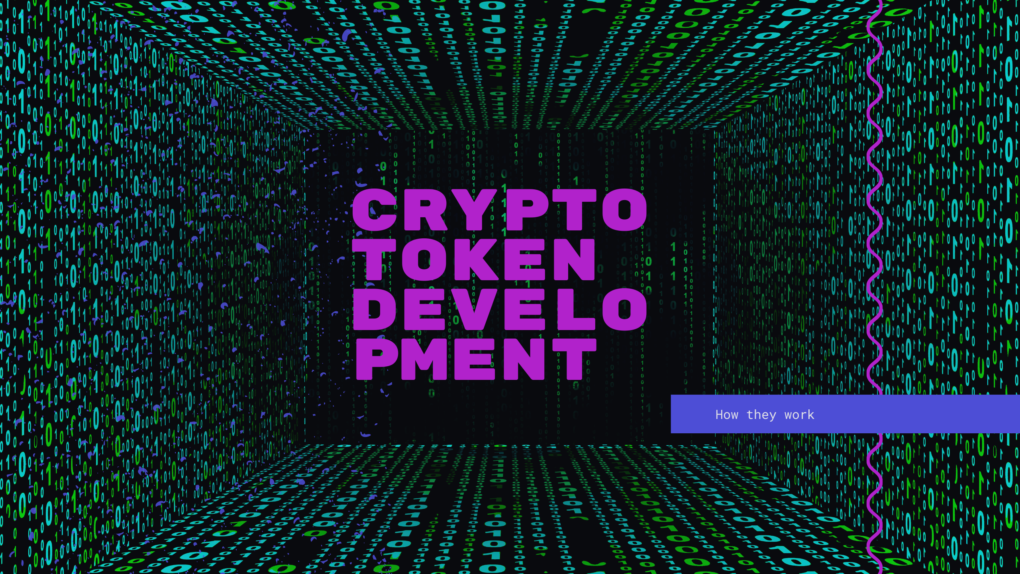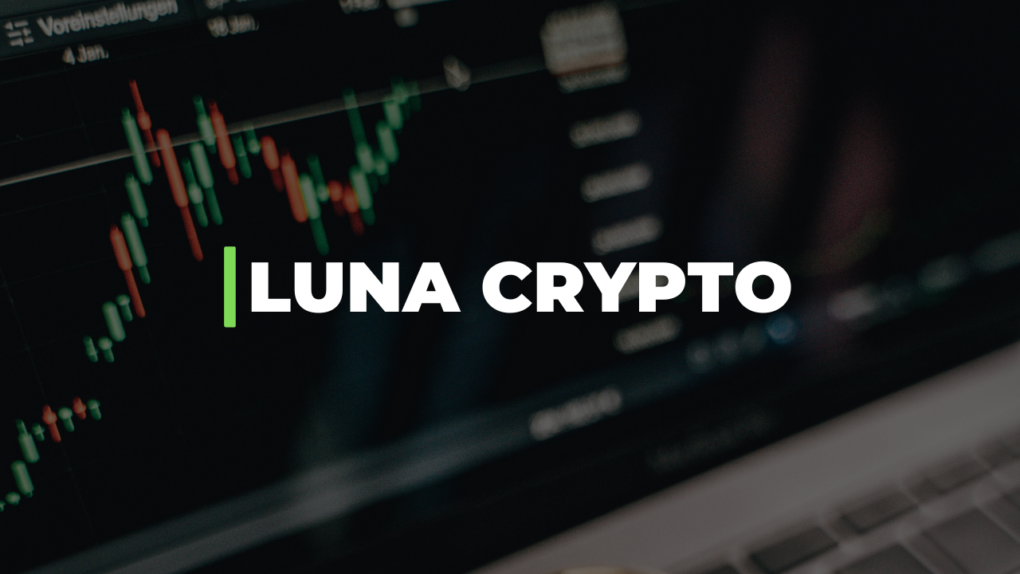The world of cryptocurrencies has evolved significantly since the introduction of Bitcoin. Today, cryptocurrencies are not the only digital assets gaining traction; crypto tokens have emerged as an essential part of blockchain ecosystems. In this article, we will dive deep into the secrets of successful crypto token development, guiding you through the entire process from concept to coin.
Introduction
With the rise of blockchain technology, crypto tokens have become a fundamental tool for powering decentralized applications (dApps), facilitating fundraising through Initial Coin Offerings (ICOs), and enabling various utility functions within blockchain ecosystems. However, developing a successful crypto token involves careful planning, technical expertise, and adherence to industry best practices.
Understanding Crypto Tokens ( Development )
Before delving into the intricacies of token development, it is crucial to understand what crypto tokens are and how they differ from cryptocurrencies. While cryptocurrencies like Bitcoin and Ethereum are designed to act as digital currencies or mediums of exchange, crypto tokens represent assets or functionalities within a particular blockchain ecosystem. Tokens can have various utilities, such as granting access rights, enabling voting mechanisms, or serving as tradable assets.
Benefits of Crypto Tokens
Crypto tokens offer several advantages over traditional financial instruments and centralized systems. They provide programmable functionality, transparency, immutability, and global accessibility. Some key benefits of crypto tokens include:
- Efficient Fundraising: Through token sales or ICOs, projects can raise capital quickly from a global pool of investors without relying on traditional intermediaries.
- Liquidity and Marketability: Tokens can be listed on cryptocurrency exchanges, allowing holders to buy, sell, and trade them, enhancing their liquidity and marketability.
- Incentivization and Governance: Tokens can be used to incentivize users to participate in a blockchain network, perform specific actions, or vote on critical decisions, fostering community engagement and governance.
- Interoperability and Composability: Tokens can be integrated with other dApps or blockchain platforms, enabling seamless interoperability and the creation of complex decentralized systems.
Factors for Successful Token Development

Developing a successful crypto token requires careful consideration of several factors. Here are some key elements to focus on:
1. Defining Your Project
Clearly defining the purpose, goals, and target audience of your project is essential. Determine the problem you aim to solve and how your token will add value to the ecosystem.
2. Selecting the Blockchain Platform
Choose a blockchain platform that aligns with your project requirements. Consider factors such as scalability, security, community support, and development resources.
3. Designing Token Economics
Craft a well-thought-out token economics model that incentivizes token holders, balances supply and demand, and aligns with the long-term sustainability of your project.
4. Smart Contract Development
Develop robustly and secure smart contracts to define token functionalities, including token issuance, transferability, and any additional features required for your project.
5. Token Distribution and Sale
Plan the distribution of your tokens, whether through private sales, public sales, or a combination of both. Implement a fair and transparent mechanism to ensure equitable token allocation.
6. Security and Compliance
Implement stringent security measures to safeguard your token and the underlying infrastructure. Comply with relevant regulatory frameworks and industry best practices.
7. Community Building
Build an engaged and supportive community around your project. Foster communication, provide regular updates and encourage participants to create a strong user base.
8. Listing on Exchanges
Once your token is ready, aim to list it on reputable cryptocurrency exchanges to enhance its visibility, liquidity, and accessibility to potential investors.
Challenges in Crypto Token Development
Developing a crypto token comes with its fair share of challenges. Some common obstacles include:
- Ensuring regulatory compliance while maintaining decentralization.
- Addressing scalability issues and optimizing transaction throughput.
- Mitigating security risks, such as smart contract vulnerabilities and hacking attempts.
- Overcoming market competition and gaining adoption in a crowded landscape.
Best Practices for Successful Token Development
To increase the likelihood of success in token development, consider the following best practices:
- Conduct thorough research and due diligence before embarking on token development.
- Engage with experienced blockchain development teams or consultants.
- Prioritize security audits and code reviews to identify and address vulnerabilities.
- Foster transparency and open communication with your community.
- Continuously iterate and improve your token’s features based on user feedback and market trends.
Conclusion
Developing a successful crypto token requires a well-planned approach, technical expertise, and a deep understanding of the underlying blockchain technology. By following the step-by-step guide outlined in this article, you can navigate the complex landscape of token development and increase your chances of creating a valuable asset within the crypto ecosystem.
Read also : Luna Crypto: A Game-Changing Investment Opportunity You Can’t Miss




